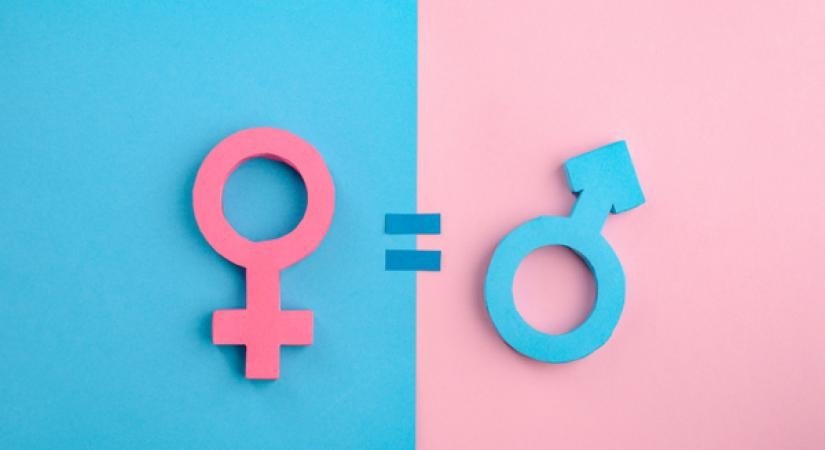Greater gender equality may help both women, men live longer: Study

Gender Equality (Source: Instagram)
London, March 7
Gender equality is associated with life expectancy and both women and men can live longer as it improves, according to the first such global study ahead of International Women's Day.
International Women's Day is celebrated every year on March 8.
The study published in the journal PLOS Global Public Health showed that while gender equality mainly benefitted women's lives and health, its progress also helped men to live longer, eventually narrowing the gender gap in life expectancy.
"Many of the factors that determine how long you will live -- like working and living conditions, exposure to pollution, access to health care, education, income, and social support -- are layered with gender differences around the world," lead author Cat Pinho-Gomes, Honorary Research Fellow at The George Institute for Global Health, UK in partnership with Imperial College London said.
According to the latest report by the World Economic Forum (WEF), global events such as the rising cost of living, the Covid-19 pandemic, the climate emergency, and large-scale conflict and displacement are stalling progress towards gender parity.
This may, in turn, jeopardize socioeconomic development and improvement in living and working conditions, curbing the gains in life expectancy that have occurred over the past decades.
For the study, the researchers used WEF's global gender gap index (mGGGI), and applied it across 156 countries between 2010 and 2021.
The study included three dimensions (i.e., political, economic, and educational). The results showed that gender equality in education had the strongest association with longer life expectancy for both women and men.
"This suggests investing in education is paramount, particularly in low and middle-income countries, where many girls are still denied access to education and resources are limited," Pinho-Gomes said.
"The weaker association between gender equality in the political domain and the gender gap in life expectancy raises concerns about how gender equality is being implemented by political systems worldwide," she said.
Overall, in 2021, each 10 percent increase in the mGGGI was associated with a 4.3-month increase in women's life expectancy and a 3.5-month increase in men's life expectancy, leading to an 8-month wider gender gap, but there was considerable variation between geographical regions.
"Our study has important implications for policymakers across the globe, particularly as the world gradually recovers from the myriad shocks caused by the Covid-19 pandemic, which had a gendered impact across multiple domains of life," Pinho-Gomes added.
--IANS







